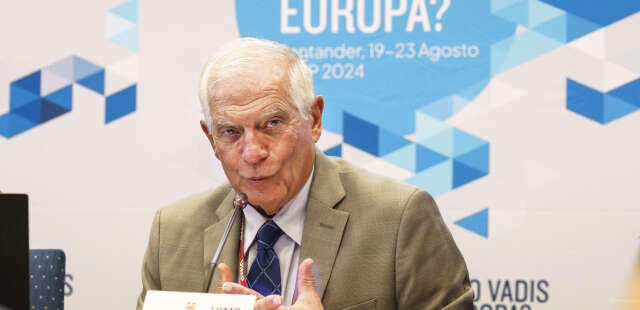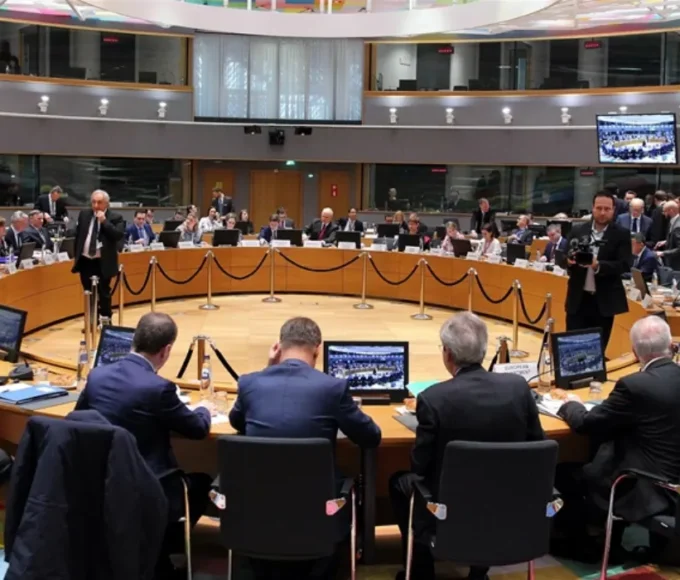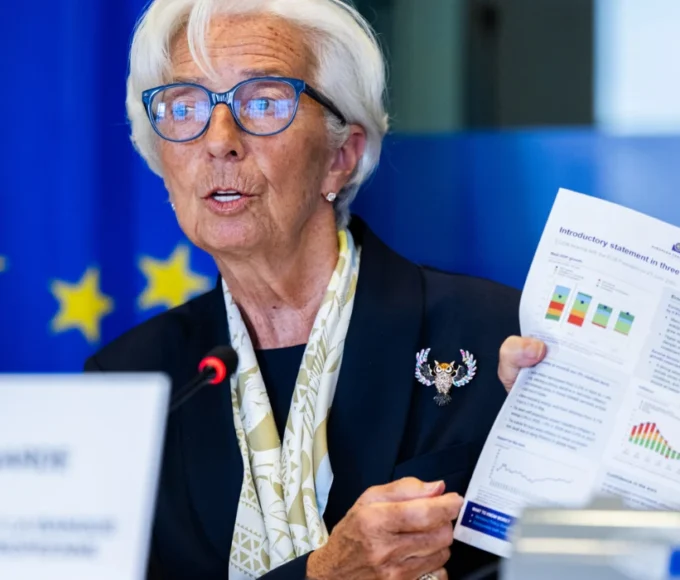On Friday, August 23, Josep Borrell, the European Union’s High Representative for Foreign Affairs, described Germany’s decision to halve its military aid to Ukraine next year as “very concerning” and a “bad piece of news.” His remarks came as he participated in a conference in Santander, northern Spain. Speaking in English, Borrell acknowledged Germany’s substantial contributions to Ukraine’s defense against the Russian invasion, stressing that the majority of the EU’s military support for Ukraine has, thus far, been led by Germany.
The upcoming reduction in German aid, Borrell warned, could be detrimental. “This is very concerning; it’s bad news,” he said, emphasizing the critical nature of Germany’s role in assisting Kyiv.
Germany’s Budget Cuts Lead to Aid Reduction
Germany ranks as Ukraine’s largest military aid provider in Europe and the second-largest globally, following the United States. However, under Chancellor Olaf Scholz, the German government announced last week that it plans to cut the funding allocated to Ukraine’s military support by half in the upcoming year as part of a broader budget-saving initiative.
Chancellor Scholz attempted to reassure Kyiv on Monday, stating that Germany “remains Ukraine’s strongest ally in Europe.” However, his comments have done little to ease the concerns raised by this significant cutback. The decision underscores the challenges Germany faces in balancing domestic fiscal policies with international security commitments.
EU Concern Over Reduced Support for Ukraine
Borrell emphasized that Germany’s decision raises particular concerns because of its impact on European support for Ukraine. “In practical terms, Germany is by far the country that supports Ukraine the most, in absolute terms. Far more than France,” he said. Borrell’s statement underlines Germany’s outsized role in the EU’s collective response to the Ukraine crisis, a responsibility that may now face limitations due to financial constraints.
Germany has been instrumental in providing various forms of military assistance to Ukraine, including weapons, financial aid, and training for Ukrainian forces. This reduction could, therefore, represent a significant gap in Europe’s collective support for Ukraine, especially as the war enters a crucial phase, with Ukraine seeking to regain control over occupied territories. The move could also influence other European nations’ aid levels, as Germany’s commitment has often set a benchmark for others.
Impact on Ukraine and Broader Implications
The decision comes at a time when Ukraine continues to resist Russian advances and has even launched counter-offensives, including operations in regions like Kursk. Some experts believe that this cut in aid could embolden Russia by signaling a shift in European resolve, potentially leading to strategic adjustments by Moscow. Meanwhile, Ukraine has openly expressed concern over the possible reduction in European support, especially as its forces remain heavily reliant on consistent military assistance from Western allies.
In conclusion, Germany’s planned reduction in aid highlights the complexities European nations face in sustaining support for Ukraine amid domestic pressures. With Germany setting a precedent, Borrell’s concerns signal an urgency within the EU to reassess how the bloc can collectively ensure steady support for Ukraine in the face of both external aggression and internal fiscal challenges. The upcoming decisions on aid levels will play a critical role in shaping the region’s response to the ongoing conflict.
This article is originally published on .msn.com








